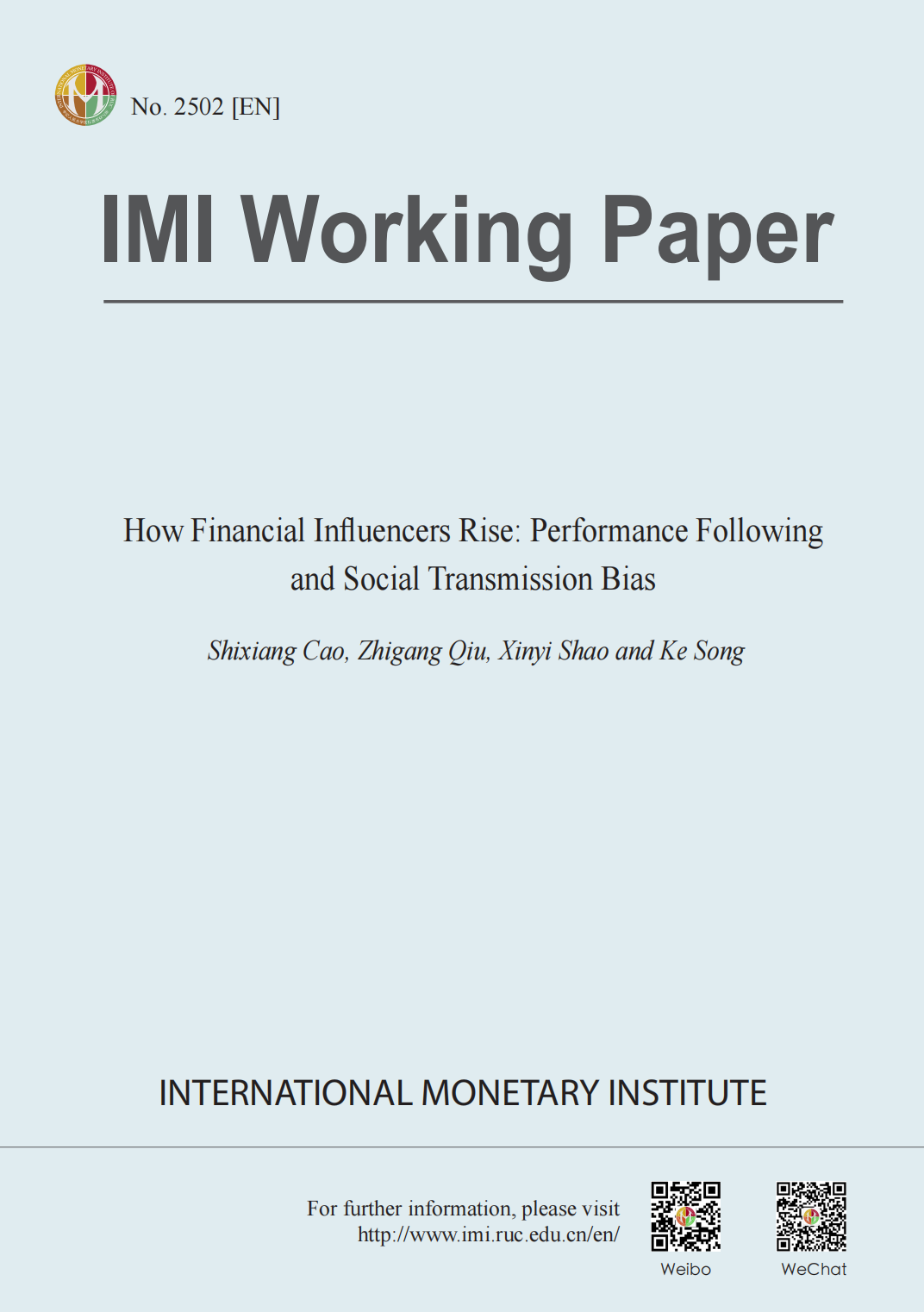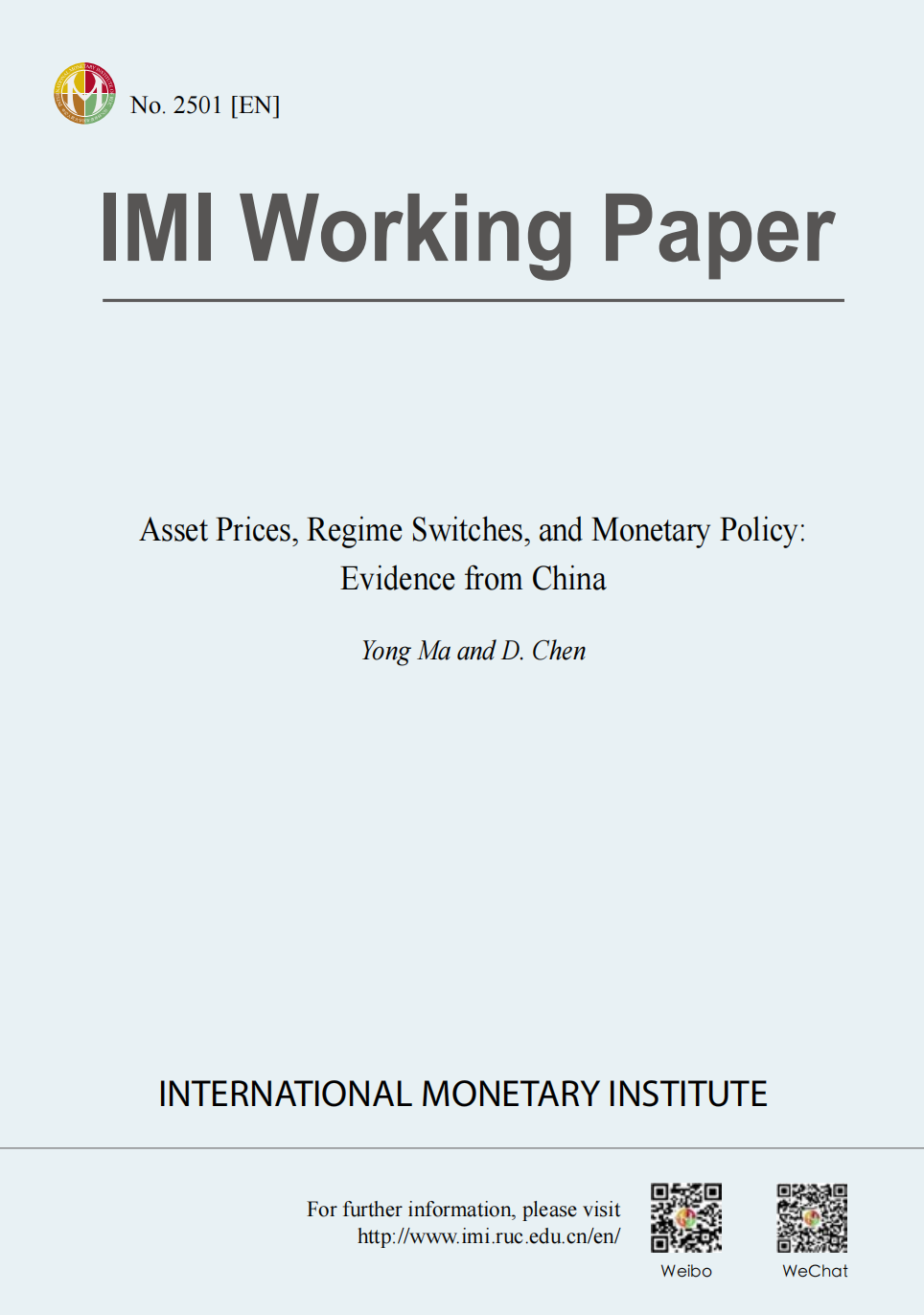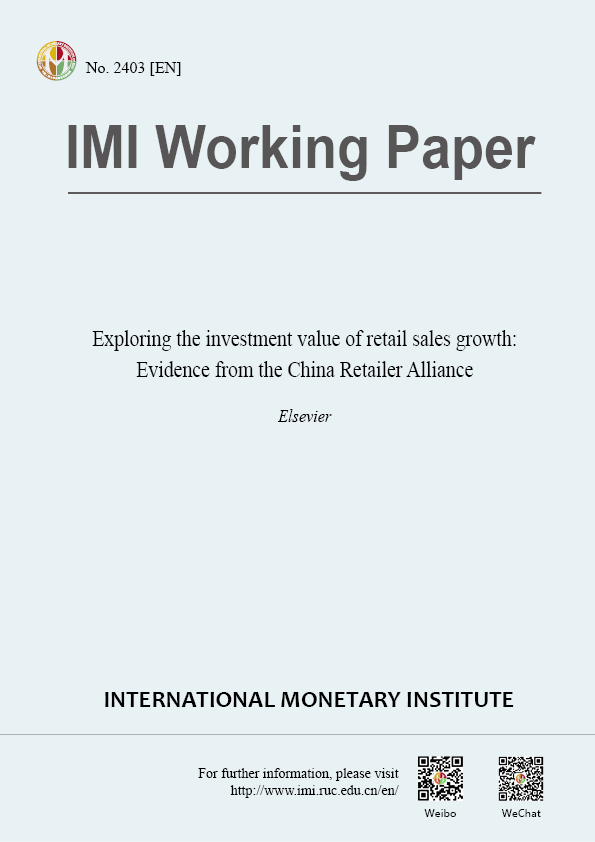【IMI Working Paper No. 2111 [EN]】Urban Wage Inequality: The Reform of State-Owned Enterprises in China's Great Transition
2021-10-27 IMI【Abstract】
Along with the further reforms of state-owned enterprises (SOEs), urban China has experienced an evident increase in wage inequality. Using provincial-level data for the period 1993–2013and individual-level data from five waves of the China Household Income Project from 1988 to 2013, this paper investigates how the SOE reform affects wage distribution in urban China by considering three mechanisms: wage determination, ownership structure and institutional segmentation. The results of this study show that overall inequality increased with the reduction of SOEs’ share in the economy. Moreover, through a detailed Oaxaca–Blinder re-centred influence function decomposition, this experiment obtains consistent and robust results. Based on the theory of soft budget constraint, this study demonstrates that the increase in urban wage inequality has been mainly caused by wage structure effects. Since the SOE reform in the 1980s, the wage determination mechanism has changed with the increase in the return of the labour force to education. During this period, institutional segmentation was of less significance in explaining the wage gap between SOEs and non-SOEs. Furthermore, the accelerating ageing process of China’s population had no significant effects on the trajectory of urban wage inequality throughout this period.
【Keywords】
Wage inequality; urban China; soft budget constraint; Oaxaca-Blinder re-centred influence function decomposition
【Authors】
Sun Shiyu, School of Labor and Human Resources, Renmin University of China
Chu Xixi, School of Labor and Human Resources, Renmin University of China
Liu Xiangbo, Research Fellow of IMI; School of Labor and Human Resources, Renmin University of China






